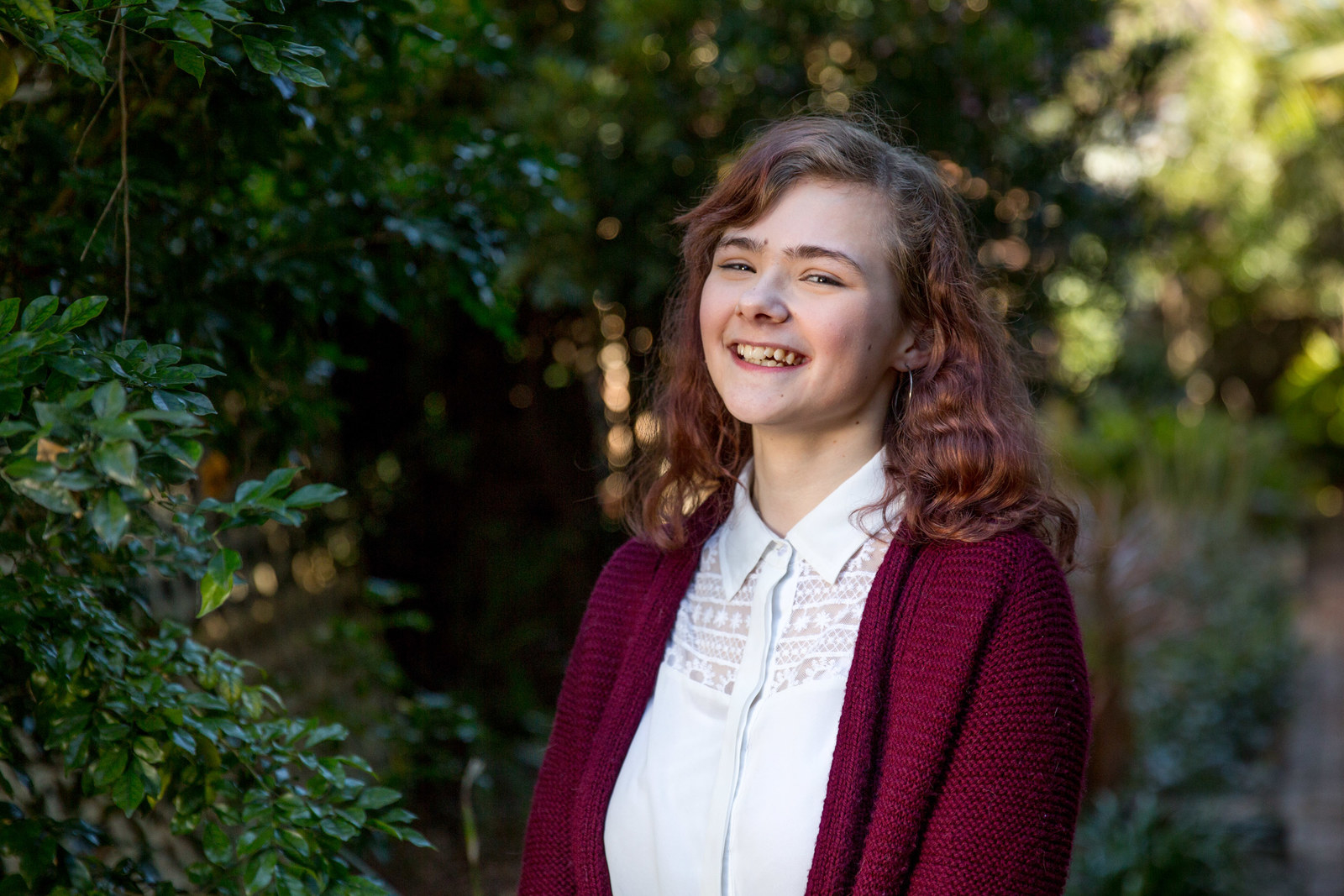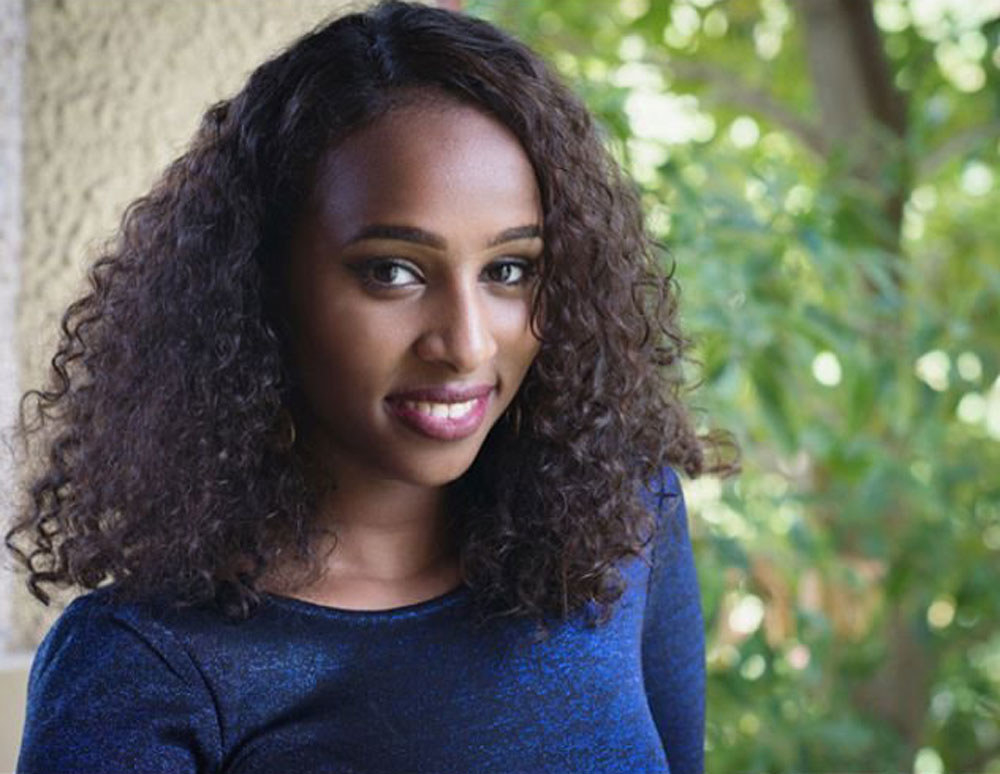Australian girls believe they are receiving unequal treatment to boys, being judged on their appearance, and exposed to sexist advertising, a report released today by child rights development agency Plan International Australia finds.
Almost all (98%) of the 2,000 girls aged 10-17 who participated in the Dream Gap Report, published on International Day of the Girl, said they received unequal treatment to boys.
BuzzFeed News spoke to four 17-year-old Australian women about the changes they want.

The report's first recommendation was for state and territory governments to remove gendered school uniforms and instead give girls and boys the opportunity to choose what uniform they wear.
"Gendered school uniforms, where girls have to wear skirts and pants aren't an option, makes kids think that girls should be sitting on the side and watching rather than participating in things," said Jacqueline Rousselot, 17.
Rousselot said she was "really active" at her primary school where she was allowed to wear shorts, but that changed at her all-girls high school where a dress is mandatory.
"You can't hang upside down on monkey bars, you can't run about and you can't play handball."
Only 8% of girls aged 15 to 17 believed that men and women were treated equally on TV and 7% in magazines.
An overwhelming 85% of girls in this age group felt it would be easier for girls to be leaders if more women were shown doing ‘men’s jobs’ in the media and in advertisements.
"There is such a gap in the portrayal of men and women when there is so much photoshop and so many sexist advertisements," Rousselot said.

After general inequality, girls were most concerned with being scrutinised on the way they look rather than appreciated for their abilities and talents. Almost all (93%) of girls aged 15-17 said it would be easier to get ahead in life if they were not judged on their appearance, the report found.
Georgia Chapman, 17, can remember the time a male classmate made assumptions about her based on what she was wearing.
"I was 11 and a boy asked me if I was a prude," Chapman said. "I didn't know what that meant, so I asked him how he'd come to that conclusion and he told me 'you wear a long skirt and you don't wear make-up'."
Some of her male peers "make jokes about rape and sexual assault".
"When I become upset and try to explain why that is a problem, they laugh at me and call me a 'feminazi'," she said. "None of their friends ever step in and say, 'That's not cool'."

Most girls (91%) surveyed felt it would be easier to get ahead if they were treated the same way as boys.
Melbourne teenager Nawal Agan, 17, said she and her five sisters were treated differently to their five brothers.
"I was always taught to help around the house and cook and clean with my mum, and the boys will sit around and laze," Agan, who graduated high school last year, told BuzzFeed News.
"The boys were given powerful dress ups and told they could be strong and bossy and the girls were told to play with cooking sets and dolls."
But her home life also gave her role models for female empowerment.
"I grew up in a matriarchal household where my mum and my grandma were in charge so it showed me that women can be powerful," she said.
"I feel confident knowing how strong I am and the good education I've had."

As girls grew older, their confidence decreased — 56% of girls viewed themselves as confident at 10-years-old, but this had dropped to 44% by the time they reached 17, the report concluded.
Melbourne student Keira Wright, 17, said she felt confident when she felt "respected".
"Feeling like I'm being respected, not because of my appearance, not despite my appearance but just because people respect me as a whole," Wright said.
"I want to be valued for who I am not because of the way I might look or dress or how many 'likes' I get."
Wright said social media was negatively impacting the self-esteem of young Australian women.
"It really affects how other people see young women and how young women see themselves. If you're only exposed to really hyper-sexual images that depict women in a certain way, always looking good, then it subconsciously changes people's expectations of women and girls.
"I think that is supported by the fact that [the report] shows confidence decreases when girls hit puberty, which is the age they start using social media and are given their first phone."
Wright said she used to spend hours scrolling through "other girls'" social media profiles but she recently decided to deactivate her accounts.
"Being able to isolate myself from that world gave me a really clear insight into how it actually was affecting my wellbeing."
Plan International Australia has called for a country-wide ban on sexist advertising, industry regulations on photoshopped images, mandatory government-implemented non-gendered school uniform policies, and gender pay audits for corporations.
